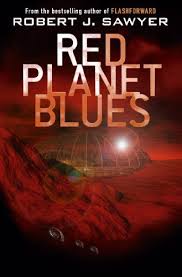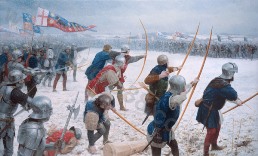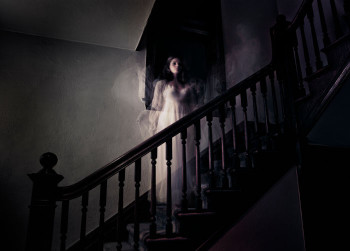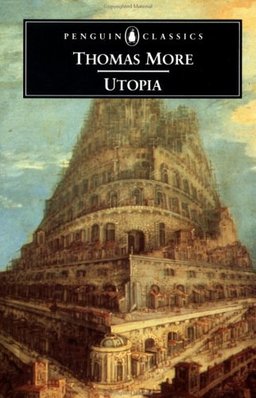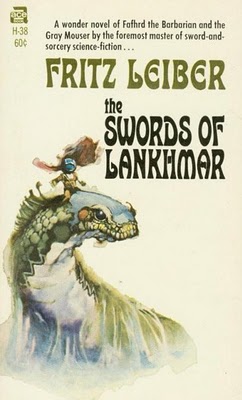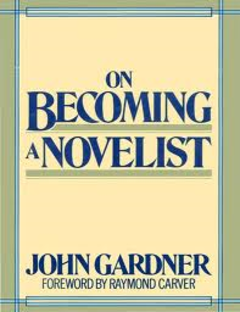This Will Be On The Test
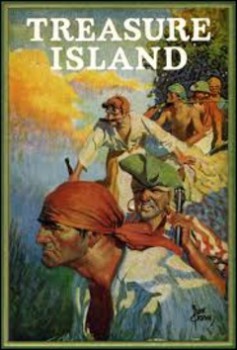 I don’t know whether it’s the controversy over the character Turiel in the upcoming The Hobbit: The Desolation of Smaug, but there’s been a big swell of interest lately in the Bechdel Test. You know what that is, right? Generally applied to movies and TV shows, it determines whether women are represented equitably. In order to pass the test, there must be two female characters who have names; they must at some point speak to each other; they must speak about something other than men. Seems simple.
I don’t know whether it’s the controversy over the character Turiel in the upcoming The Hobbit: The Desolation of Smaug, but there’s been a big swell of interest lately in the Bechdel Test. You know what that is, right? Generally applied to movies and TV shows, it determines whether women are represented equitably. In order to pass the test, there must be two female characters who have names; they must at some point speak to each other; they must speak about something other than men. Seems simple.
I remember my father once telling me that Treasure Island had no women in it. He seemed to think this was a good thing. He was wrong, of course, except that he was also right. What he didn’t realize was that the film he was familiar with had no women, but that wasn’t also true of the book. Jim Hawkins does have a mother. We could argue, however, that the film guys got it right, since Mrs. Hawkins does little or nothing to forward the plot.
So Treasure Island, whether print or celluloid, fails the Bechdel Test.
Most films/shows don’t pass the test, even the ones we fantasy and SF lovers love the most. Big Bang Theory doesn’t pass, even though there are three named female characters (and not because Penny, as my friend Jim Hines has pointed out, has no last name). Stargate passes, at least SG1 – they were smart to make the doctor a woman, since that gives plenty of room for non-guy related conversation. It’s been a while, but I believe that Star Trek: Voyager passes (between Captain Janeway, B’lanna Torres, and Seven-of-Nine) and TNG as well – remember, the doctor’s a woman.


